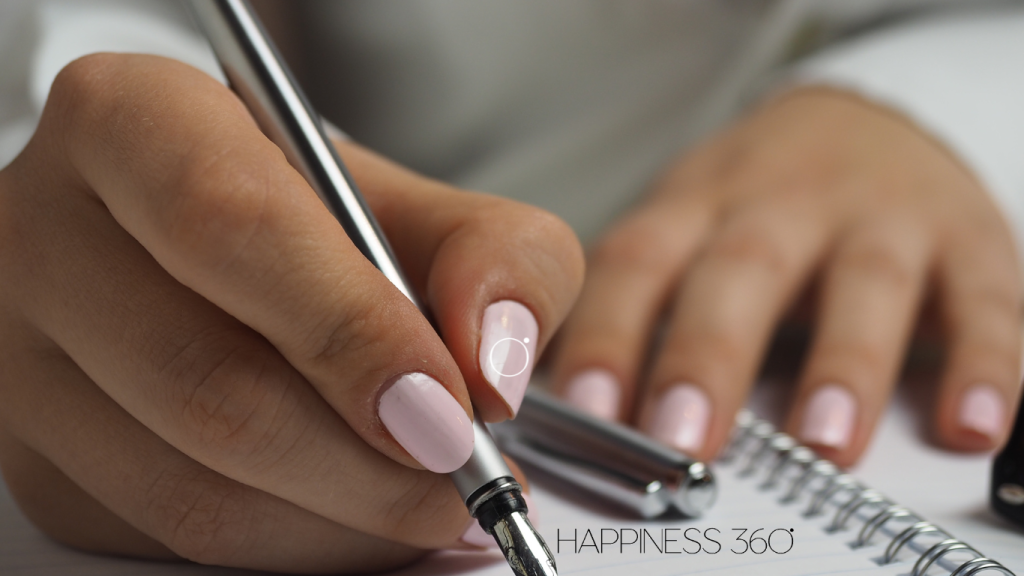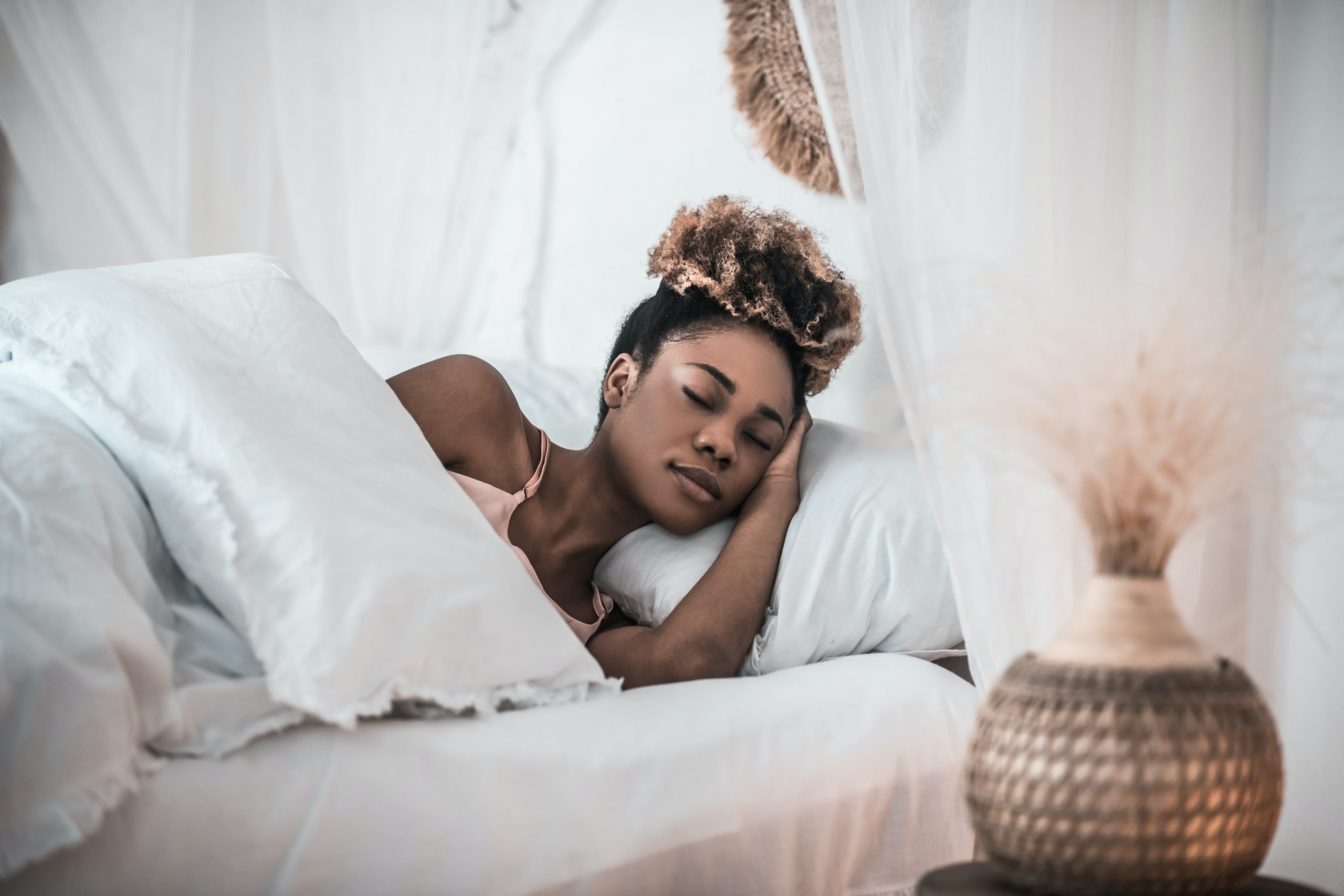OPENING NOTES FROM TRACIANA
I once treated rest as a luxury. Now I know it’s essential.
That’s why I’m glad to share Anjali’s reflections here.
—Traciana
A Q&A with Anjali Perera
Who are you?
I’m Anjali Perera, a neuroscientist from Sri Lanka, currently pursuing my Ph.D. in Amsterdam. My research focuses on the connections between sleep, cognition, and emotional resilience.
What is this about?
This is about reclaiming rest as a radical act of self-care. Sleep hygiene isn’t just about better nights—it transforms how we show up in every part of life.
Why you?
Because even as someone who studies the brain, I lost my way with sleep. My return to healthy rest wasn’t only scientific—it was deeply personal. Sharing my story matters because no one is immune to exhaustion.
Rediscovering the Science and Soul of Rest
By Anjali Perera
As a neuroscientist navigating modern life, sleep became a fascinating intersection of my research and lived experience. Growing up in Sri Lanka, sleep was revered—woven into rituals of restoration. Yet in Amsterdam, while chasing my Ph.D., my relationship with rest began to fray.
A colleague, Beti, first drew me back to the concept of sleep hygiene. As a company manager juggling endless projects, she stayed up late, exhausted yet sleepless. Her frustration mirrored my own—lying awake while the mind raced, even as the body begged for rest.
Her attempts to “force” sleep—by surrounding herself with crochet, laptops, and TV—were familiar. We were both trying to engineer rest without honoring its rhythms. That realization led me back to the science of sleep hygiene, which quickly became more than academic curiosity. It became a lifeline.
“Rest isn’t indulgence. It is radical self-care in a demanding world.”
— Anjali Perera
What Is Sleep Hygiene?
Coined in 1946 by American psychologist Nathan Kline, “sleep hygiene” refers to habits and environments that support deep, restorative sleep. Today, it’s more urgent than ever.
Poor sleep hygiene can lead to insomnia, poor focus, and weakened health. Good sleep hygiene, on the other hand, trains both body and mind to reclaim what should be natural.
Essential Practices for Rest
- Keep a consistent schedule. Go to bed and wake up at the same time daily, weekends included.
- Skip late naps. If you nap, keep it before 2:30 p.m. and under 30 minutes.
- Leave the bed if you can’t sleep. Find another calm space rather than tossing and turning.
- Ban screens from bed. Train your brain to associate bed only with sleep and rest.
- Use caffeine wisely. Stick to mornings; it lingers in your system for up to 10 hours.
- Freshen the air. A cracked window or purifier supports deeper rest.
- Create a wind-down ritual. Light a candle, take a bath, stretch—signal to your body it’s time.
- Prepare during the day. Get morning sunlight, exercise, and avoid heavy meals close to bedtime.
The Surprising Thing About Rest
What surprised me most in revisiting sleep hygiene was how quickly the benefits spread beyond the night itself.
Consistency in sleep didn’t just bring deeper rest—it sharpened focus, improved relationships, and restored a sense of alignment I didn’t realize I’d lost.
Rest, I discovered, isn’t passive. It’s active repair. It’s the foundation that makes everything else possible.
CLOSING NOTES FROM TRACIANA
Rest isn’t an afterthought. It’s the ground we rise from.
—Traciana
About the Writer
Anjali Perera is a neuroscientist from Sri Lanka, currently pursuing her Ph.D. in Amsterdam. Her research explores the links between sleep, cognition, and emotional resilience. She blends scientific insight with personal storytelling to help others navigate the tension between achievement and well-being.
Disclaimer
This piece is for informational and reflective purposes only and is not intended as medical advice. Please consult a qualified professional for personal guidance. Read our full non-disclaimer →
You Might Also Like


The Hustle Detox Podcast for Unstressed Success Resources






















0 Comments for “An Essential Guide To Sleep Hygiene: A Psychologist’s Playbook”